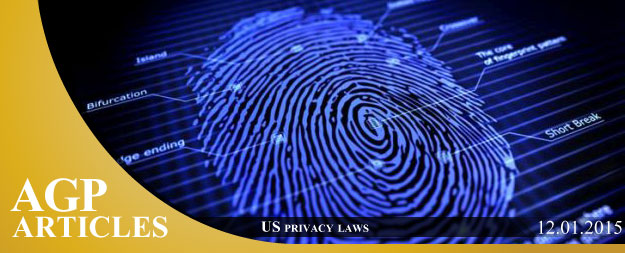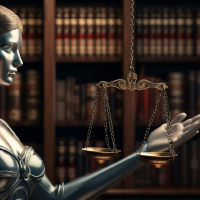
There have been many cases worldwide that have dealt with the right the police have to access information and content on one’s phone/ipad when they are suspected of criminal activity, charged with criminal activity, or when they know it will assist them in solving a crime.
In most countries a warrant is needed in order to not violate privacy laws, but recently in Virginia, a court ruled fingerprints are not protected by the Fifth Amendment which states:
“no person shall be compelled in any criminal case to be a witness against himself.”
This statement protects memorized information like passwords and passcodes, but it does not extend to fingerprints in the eyes of the law. Therefore the court ruled that:
“Judge Steven C. Frucci ruled this week that giving police a fingerprint is akin to providing a DNA or handwriting sample or an actual key, which the law permits. A pass code, though, requires the defendant to divulge knowledge, which the law protects against, according to Frucci’s written opinion.”
(Source: www.macrumors.com)
This ruling came about as a paramedic called David Baust was accused of strangling his girlfriend. The police believed that he had recorded a video of the act on his mobile phone and the question as to how the police can access that arose.
This led to a huge debate worldwide as to privacy regulations and telecommunications. Google and Apple have responded to this by ridding themselves of the knowledge of people’s passwords, and therefore removing the ability for them to obtain a customers’ passcode information when requested by the police with a warrant. It has come as a big blow to telecommunications companies as they struggle to assist users increase their privacy levels through new technology.
It seems as though the criminal justice system is still trying to find ways to deal with investigations and assessments made in the digital world.
HanniFakhoury, a staff attorney at the Electronic Frontier Foundation said:
“It’s exactly what we thought would happen when Apple announced its fingerprint ID,” he said, adding, “It’s just a good wake-up call for people to realize that fingerprint ID doesn’t necessarily provide the same sort of legal protection that a password does.”
(Source: www.ibtimes.com/police-can-force-you-open-your-iphone-fingerprint-judge-rules-1716893)
Within our digital time, it is not only privacy that seems to be disrupting current legal systems, online currencies such as the Bitcoin are also changing the financial system, and digital warfare like internet controlled drones and hackers are altering the way we view our criminal system. What is clear is that old constitutions and legal systems need updating, and cases such as these, allow for these updates to take place.













